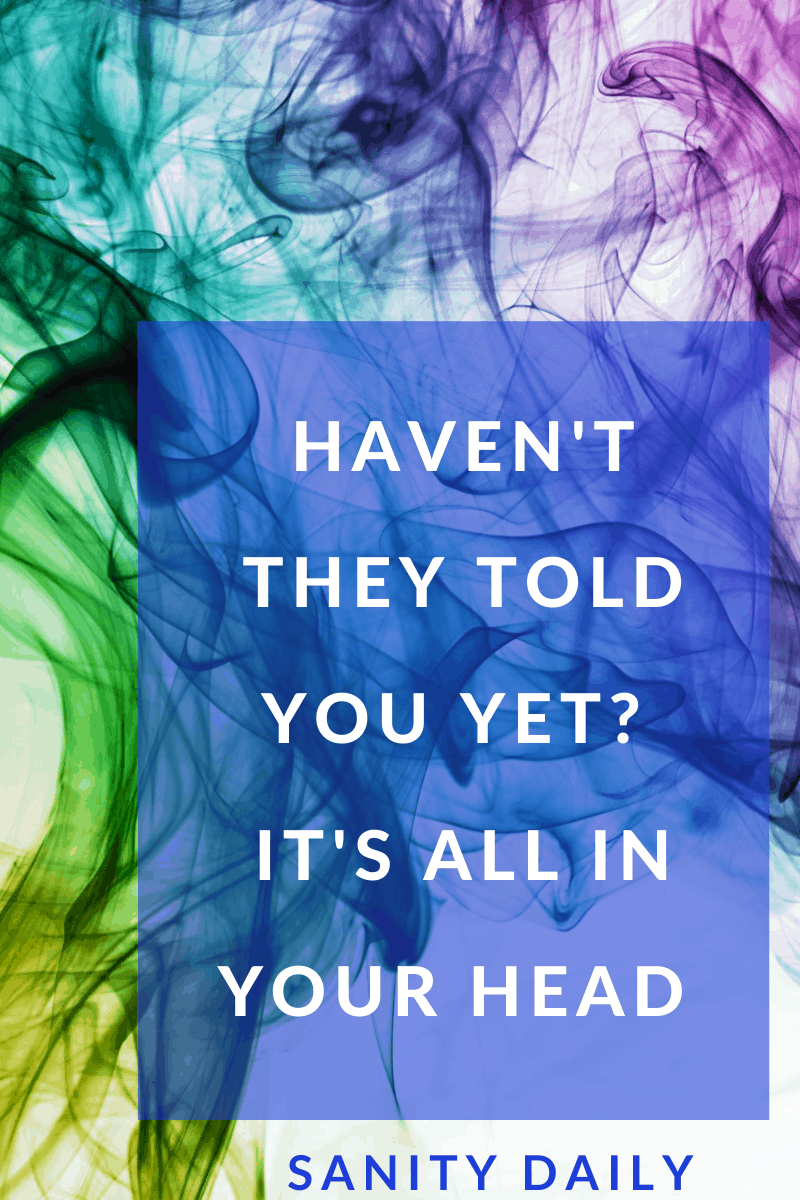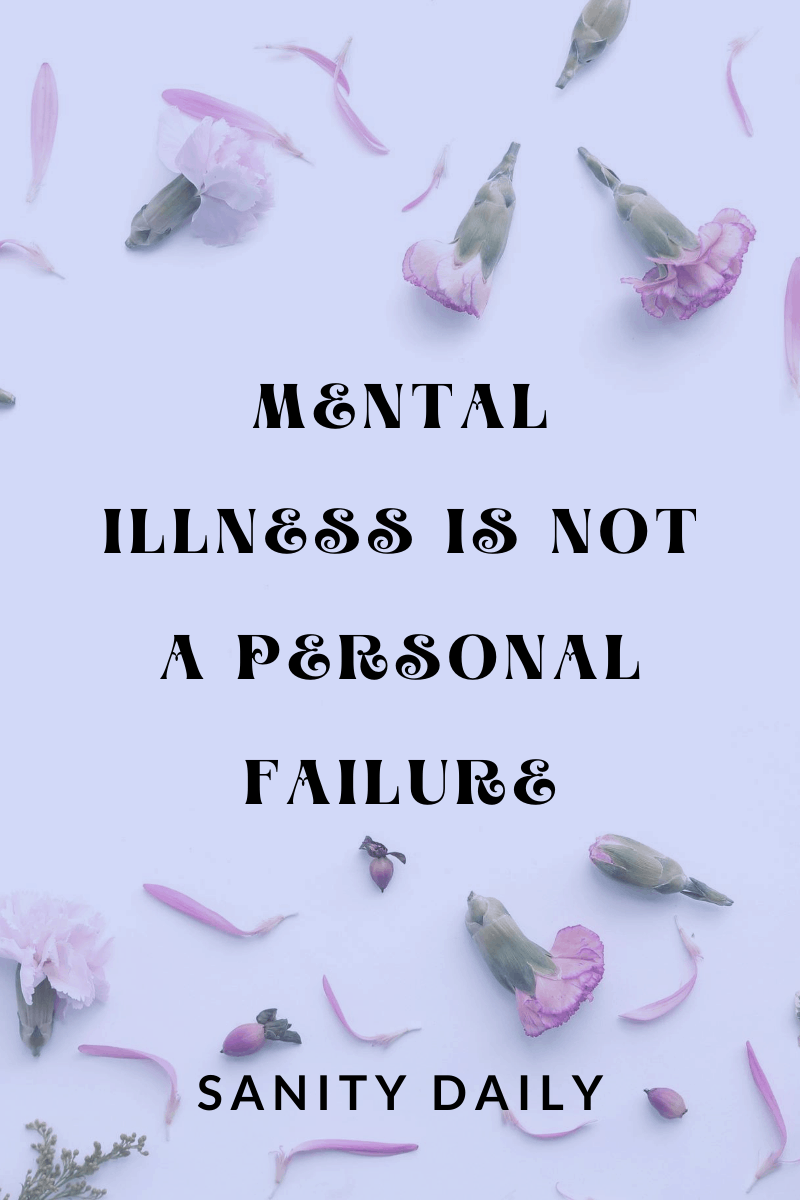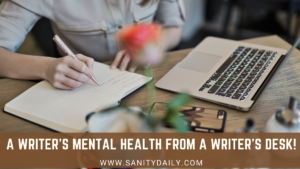How does society see mental health disorders? Do we see it as an illness or do we abandon the person going through certain mental disorders? Do we signpost them to a doctor/counselor or do we attach shame to how he/she is feeling?
One in four people in the world will be affected by mental or neurological disorders at some point in their lives. Around 450 million people currently suffer from such conditions, placing mental disorders among the leading causes of ill health and disability worldwide – WHO.
With the COVID-19 scenario, we have witnessed a massive hike in global mental illness cases, and an increased number of reported cases of violence, physical abuse, and substance abuse.
How does society see mental health disorders?

Ya, that’s how they shut down people going through severe mental turmoil. As it is people do not open up about their inner struggle due to the stigmas and shame attached to mental illnesses and even when they try (trust me it is tough to try to open up), they are neglected, and they don’t get any validation which worsens their situation even more.
Nearly two-thirds of people with a known mental disorder never seek help from a health professional. Stigma, discrimination, and neglect prevent care and treatment from reaching people with mental disorders, says the World Health Organization (WHO). Where there is neglect, there is little or no understanding. Where there is no understanding, there is neglect.
People who are dealing with some kind of mental illness deal with a lot from the inside, they hardly show the inner-stress on their face, yet they manage to wear that smile and complete their day. Then Coronavirus pandemic happened and made it all worse for so many individuals. The new realities of working from home, salary cut-offs, unemployment, home-schooling of children, and lack of physical contact with other family members, friends, and colleagues bought a lot of challenges like loneliness, financial crisis, frustration, and enormous stress.
Managing the fear, adapting to the new normal, and staying in isolation particularly became very difficult for people with underlying mental health conditions, and yet the people around us continue to stay ignorant and selfish to the core.
I am going to share a few devastating examples, I have experienced while counseling people and few things I witnessed personally, it is not only heart-breaking but it loses your trust from humanity.
1.) How does society see mental health disorders- You are overthinking
Said a friend to another, when he shared how insecure he has been feeling for a while and after much if and buts he gathered the courage to speak to his friend. He tells him that he been feeling left-out and insecure for a while and he needs help, in return his friend said, you are OVERTHINKING in bold.
He could never open up again to any of his friends and felt frequent episodes of fear, worry, rapid-palpitations, anxiousness, which could be called generalized anxiety. All he needed was validation or some empathy about what he was feeling at that moment.
2.) How does society see mental health disorders – You are a victim-player
There lies a chunk of people who are badass to the core, rock-solid when it comes to will-power, and very strong-minded. They totally deny the existence of mental illnesses. Recently, a lady reached out to me where she shared how she was labeled as a victim player just because she could not change her circumstances even after trying so hard.
She was facing a huge financial crisis and all her friends and relatives had cut off from her, some even called her psychopath because she was already undergoing counseling. All she needed was a few words of kindness.
3.) How does society see mental health disorders – Press the most weaker nerve
This happened to me; a business arrangement did not work out between a service provider and me. I was going through a rough patch and was mentally drained. I decided not to go hard on myself and that person labeled me as ungrateful and mean just because I learned to say NO. That lady did not stop here, she went to the length of demeaning me in the public domain which lead to a lot of mental harassment. It was as good as bullying me and making use of her self-claimed power.
She had the courage to spread hatred about me and my work, my anxiety got worse and I even felt like I will choke. This happens to a person who has some inner mental health issues and these kinds of incidents and people pull those triggers they have no knowledge about. I came out of it mindfully, because I knew fighting back will only lead to further damage to my mental peace, and I was emotionally unwell to get into such highly unprofessional and unethical drama.
The worst part here is she KNEW, I have issues. That is where society shows its true color of hypocrisy and double standards and you question HUMANITY.
These are very fewer examples I have shared here just to give you a view of how the world sees you and leaves no point to pull these triggers which will push you to that dark alley forever if you don’t have a strong support system. So guys, learn to draw the line.
Now I will share 5 things you should never say to someone who looks sad, stressed for a long time and it will show you how does society see mental health disorders:
1.) It’s all in your head – It is in your head technically and it hurts badly.
2.) Just chill, you are overthinking – No one likes to overthink and sit with a thought when you say this, it gives a message that you should ignore your feelings.
3.) Oh god! You are such a melodrama – Not everyone who cries without any reason or isolates himself is melodramatic, they might be facing some issue, reach out.
4.) It’s just a matter of time – For some it is, but for some, it is not. And they need someone to hold their hands and do something about their situation in the present time.
5.) Stay Positive! – Mental illness is a serious condition and sometimes positivity could sound toxic for the sufferer. Can you just be non-judgemental?
To conclude, I would say when you don’t know what to say just listen and some things are best left unsaid, you can be an active listener and support someone by merely listening to them. Or, You can just BE. The good news is that you don’t need any professional degree to become a human, an empath. All you need is an open mind and have clear conversations.
Do you remember the drive, Each One Teach One? I say it can be aptly applied for mental health awareness by saying “Each One Reach One”. When there would be one person looking after another, holding each other back, things could improve, but yes the reality sucks big time as we have a long way to go to see such massive change with the given people we have in this Kalyug. But to see the change around us, we can be the change, isn’t it? Have a peaceful life.
Love and light!








